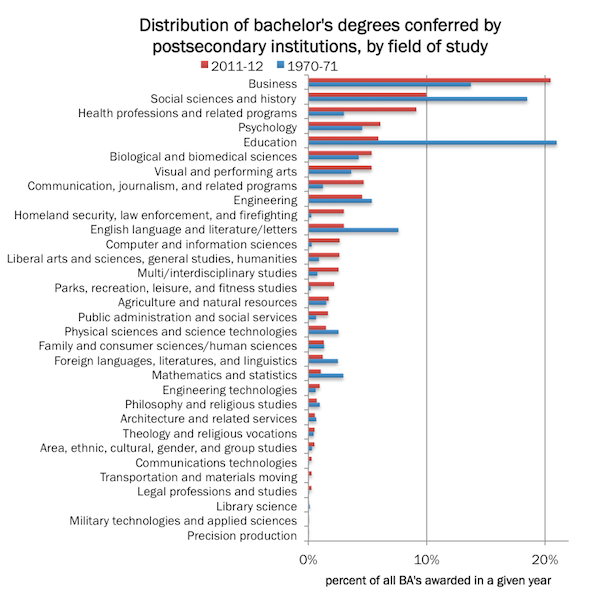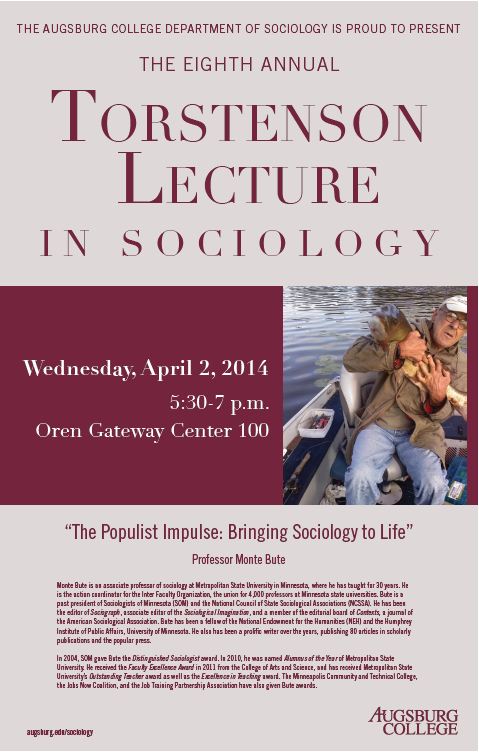This post was first published in the St. Paul Pioneer Press on March 6, 2014.
Metropolitan State University’s alumni magazine, Buzz, asked graduates for their favorite professors in the school’s history. As one of those chosen, the editor asked me to pick four favorite books for an upcoming story.
There is no finer homage to a professor than to live on as a favorite teacher in the memories of former students. What is especially gratifying about this recognition is that apple-polishing is no longer of any value.
Now that I’m nearly 70 years old, this list of books differs from those I might have chosen at age 30 or 50. Even so, I was surprised at the enduring influence these authors have had on my life and times. I offer these books because they were particularly edifying for me, and may be for others as well.
The Rebel: An Essay on Man in Revolt, Albert Camus
For more than 45 years, the fiction and essays of Camus have provided me insight and inspiration. While a man of letters, he was also a man of action.
He joined the underground French Resistance and courageously fought Nazi occupation. In this book, he rejects murder as a political tactic, whether committed by terrorists or revolutionaries. Being a realist and understanding human frailties, he advocates rebellion rather than revolution. He concisely defines the rebel and rebellion: “What is a rebel but a man [person] who says no”; and, “I rebel — therefore we exist.”
The Children of Light and the Children of Darkness, Reinhold Niebuhr
In the ’60s and ’70s, I was an unreconstructed student radical, a naive utopian. When reality sobered me up, Niebuhr saved me from cynicism and despair. He wrote, “The preservation of a democratic civilization requires the wisdom of the serpent and the harmlessness of the dove. The children of light must be armed with the wisdom of the children of darkness but remain free from their malice.”
Written in 1943, the book was a vindication of democracy in a dark time: “Man’s capacity for justice makes democracy possible; but man’s inclination to injustice makes democracy necessary.”
Darkwater: Voices from Within the Veil, W.E.B. Du Bois
Du Bois wrote this long-forgotten gem in 1920. The most moving chapters are autobiographical, including one about being a servant at a Lake Minnetonka resort. Chapter after chapter demonstrate that he was a man ahead of his time. “The Souls of White Folk” is a founding document of Whiteness studies, and “The Hands of Ethiopia” earned him the accolade “father of Pan-Africanism.”
His feminism is evident in “Damnation of Women,” where he recalls the four women of his boyhood — “They existed not for themselves, but for men.” From Du Bois, I learned the art and craft of using auto-biography as a tool for sociological analysis, and that activism is for the long haul (some 65 years for him).
Facing Unpleasant Facts, George Orwell
While best known for 1984 and Animal Farm, his legacy more likely will be as the 20th century’s finest essayist in the English language. Orwell had a single-minded devotion to truth. In this collection, we get hints of his experiments with truth: as a colonial police officer in Burma, a dishwasher in Paris, a hobo in London, a chronicler of England’s industrial working class, and a participant in the Spanish Civil War.
His biography, shaped by world history, led him “to make political writing into an art.” Orwell’s intellectual honesty and his prose style have been the standard by which I have measured myself.
I leave you with the poet John Ciardi’s classic adieu, “Good words to you.”


